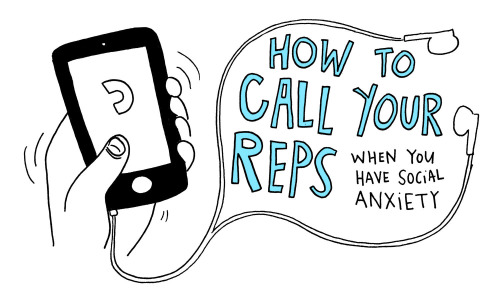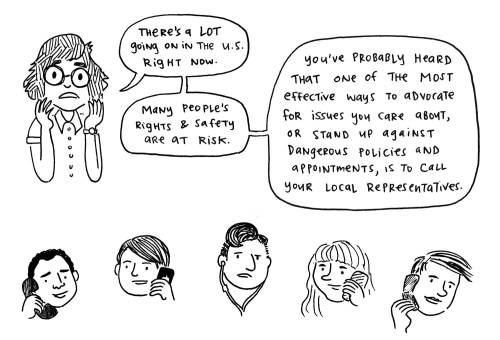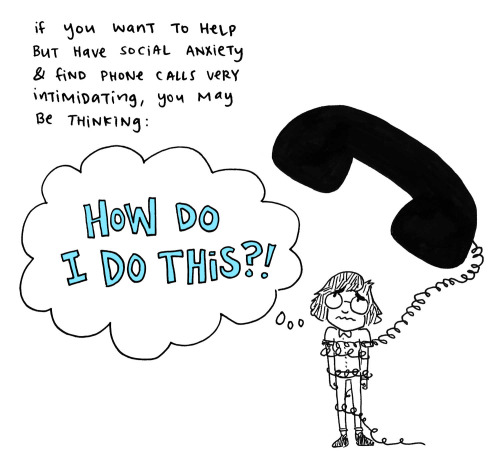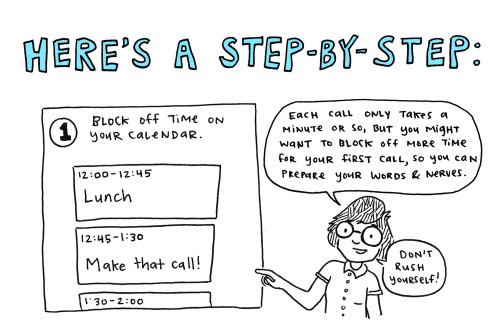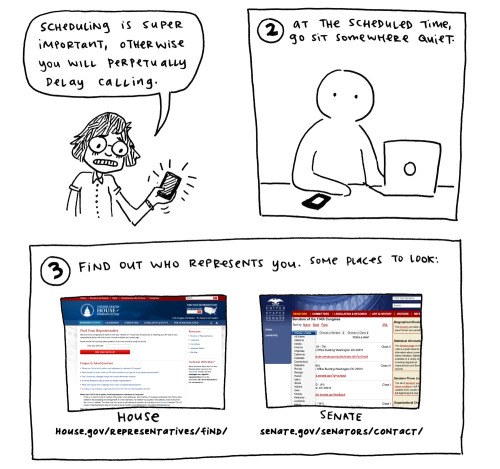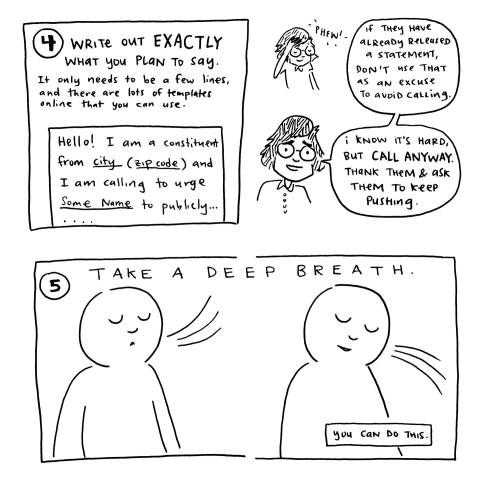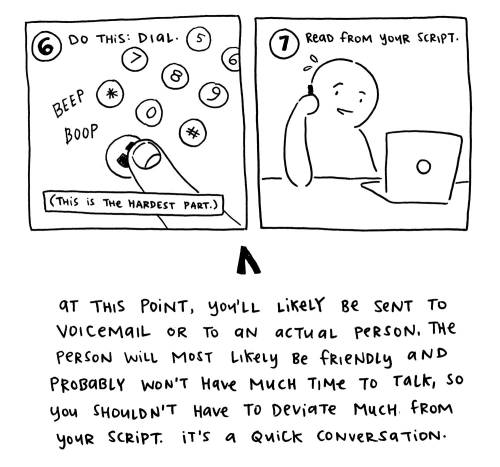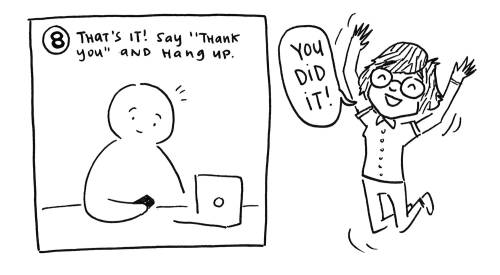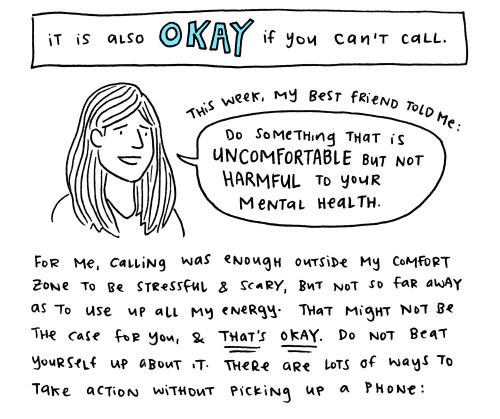Many anime fans have been keen to point the rich tapestry of expression and artistry that goes into anime they like, which makes it really peculiar that anime fandom as a whole is so resistant to critique. Other forms of artistic media and media fandom have long had strenuous elements of critque, but when writers and critics attempt to look at anime with the same tool-set that has been successfully applied to books, music, and film for decades, the nerd rage is palpable. Anime Feminist which bills itself as a hub for "reviews, interviews and discussion on anime and manga through a feminist lens, run by a team of writers from academia, the industry and grassroots fandom" was online for five days before it received its first death threat.
It's not like the articles on that site rehash tired old debates like "subs vs dubs" either. The writing published is quality work from fans that know their stuff-- both media and academic-wise. For example, the site has a great interview with manga artist Minami Sakai as well as an essay by Peter Fobian that examines the difference in treatment of Black Lagoon's Revy and Gurren Lagann's Yoko:
Where Revy’s presentation sells a complex and volatile character, the choice of camera angles, exaggerated postures, and repeated compromising scenarios makes Yoko come off as a source of inappropriate humor at best or a pure source of visual titillation directed at the male audience at worst. Revy’s background and her relationship with Rock are able to be respectfully explored because she is presented as a serious character. Conversely, Yoko’s later development is undermined by her presentation as something less than a character, an ornament not to be taken seriously.Anime Feminist's co-founder, Amanda Cook, gave an interview on Kotaku that touched on why she feels this matters, and how a stubborn refusal to examine anime can lead to shrinking of an art form AND its audience:
There are many, many women, queer people, non-binary people, people of color who can tell you quite clearly why it matters to them personally, and I think everyone should listen to their stories. If empathy isn’t enough to convince you, more objective reasons why sexualized or infantilized representation of women is a problem include the fact that it’s poor storytelling... [it's] common in anime and we accept it as the price of admission. Not everyone will care about storytelling quality in anime, or any media they consume, but high profile critics do, and most won’t waste their time reviewing—in other words, promoting—anything that they don’t expect to meet their basic standards for quality... I have a lot of friends who used to watch anime but don’t anymore, partly because, like me, it became too hard to seek out anime that treated women well. There are also lots of people who are enthusiastic about other geek properties but won’t touch anime because of its reputation of infantilizing women and sexualizing children. It makes it hard to recommend anime to people who aren’t already fansThis pervasive background radiation of out of place fan service and explosion of jacked-up sexualization has some collateral damage, too: other anime fans, especially cosplayers. In the article "How ‘Locker Room Talk’ And Casual Misogyny Are Making Conventions Intolerable For Cosplayers" Alyssa Fiske details how these attitudes can make conventions into an uncomfortable and sometimes even dangerous experience.
Done well, cosplay can be one of the most joyous expressions of fandom, and a huge part of fandom is feeling like something special belongs to you, that a specific part of pop culture spoke to you so deeply that you wanted to wrap yourself up in it, mentally and physically. It’s a harmless bit of escapism, one that can inspire creative, emotional, and physical expression that many can take part in and enjoy. But it’s not without that dark side that Krose experienced at Dragon-Con, one that prompts those in the vicinity of cosplayers to gain a boldness that can make those in costume uncomfortable or unsafe. Oftentimes people forget that there is a human being beneath the costume, leading to inappropriate situations that add an unfortunate, even frightening, element to the convention experience.
In 2014, Bitch Media did a study on the percentages of people in the industry who had experienced verbal and physical harassment, and the numbers were staggering: 59% said they felt sexual harassment was a problem in comics, and 25% said they had been sexually harassed in the industry. As far as convention attendees themselves, 13% reported verbal harassment, while 8% had been physically assaulted, groped, or raped. In a society that still blames women for their own assaults or denies that they even happen, there is no guarantee that your distress will even be acknowledged. While it is great that the community takes care of its own, there are still steps that could be taken to ensure harassment numbers go down.The US industry of anime and manga does some amazing things; it's possible to get official same-day release of subtitled episodes, digital releases of manga alongside print counterparts, more use of the visual novel style of games. But anime fandom's general insistence that its direction or demands or troubling attitudes and culture are sacrosanct-- especially when so much of it can be troubling and anti-women makes me sad. It also makes it super difficult for anime to reach a wider audience, because uncritical attitudes mean that anyone who just wants to dip their toe into the anime pool doesn't have good enough guidance to help them wade through a river of crap.


